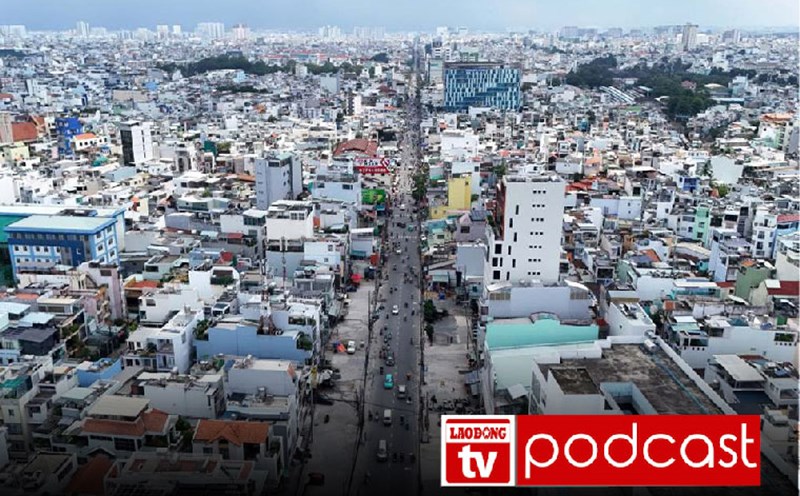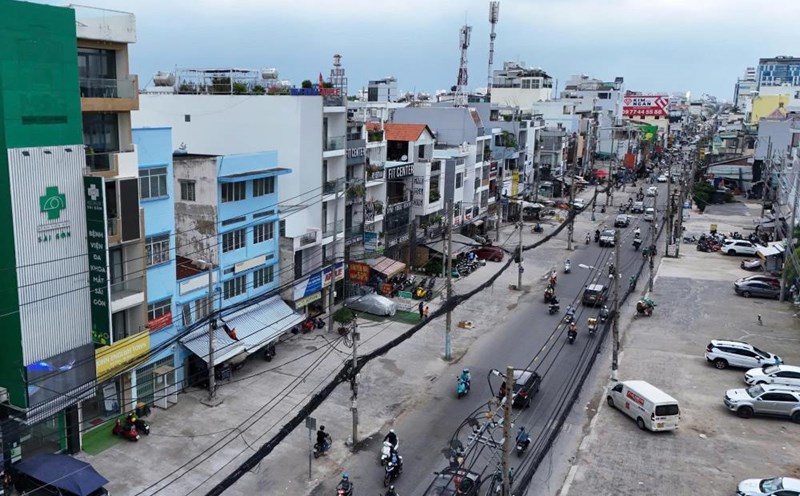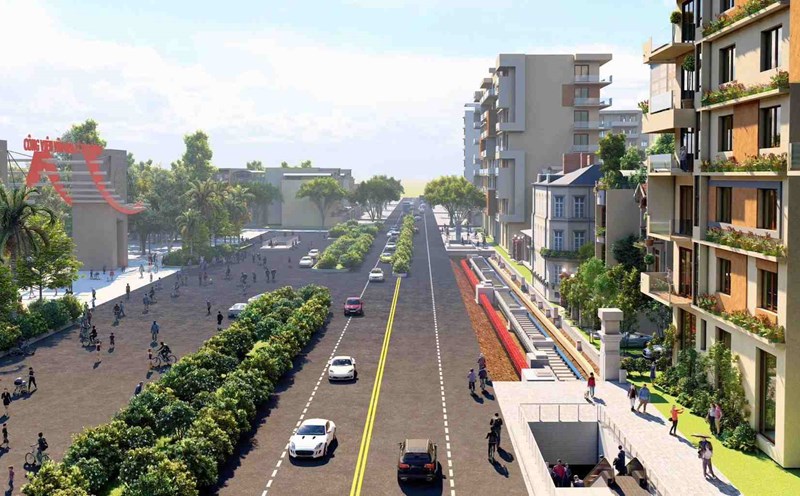The fact that corporations such as Deo Ca, Thaco, Hoa Phat, Sovico or Vingroup... are willing to pour billions of USD into public transport infrastructure is a testament to the growing confidence of the private sector in the ability to be treated fairly, transparently and effectively when participating in areas that were previously considered "state-specific".
Above all, it is a positive response to two important resolutions: Resolution 188 of the National Assembly, opening a pilot mechanism for metro development in Hanoi and Ho Chi Minh City and Resolution 68 of the Politburo, on private economic development becoming an important driving force of the economy.
Urban infrastructure is a sector that requires large investments, long recovery time, and high risk. For many years, metro projects in Vietnam have almost depended on ODA capital, cumbersome procedures and sluggish progress.
Ho Chi Minh City's proactive pilot of bidding designation, streamlining procedures, implementing urban development models according to traffic orientation (TOD)... has created a turning point: Private people are no longer waiting outside to invite, but proactively propose, even compete with each other for investment.
That not only helps the State save the budget, but also contributes to fundamental changes in public investment culture, from "relying" on central or international capital sources, to proactively mobilizing domestic strength - where there are large enterprises with financial capacity, experience and determination to do real things, do quickly.
Private investment in metro also means more self- supervisor. As Chairman of the Ho Chi Minh City People's Committee Nguyen Van Duoc said: "When businesses invest in their own pocket money, they will do it more closely and meticulously".
They must ensure progress to recover capital, maintain reputation to survive long-term and especially create real value for sustainable development. Private people make metro not only for profit, but also for the brand, for the trust that the market has in them.
The deeper participation of the private sector in infrastructure development also leads to many added values when creating jobs, promoting supporting industries, transferring modern construction technology and gradually forming a service - trade - logistics ecosystem around metro lines according to the TOD model.
Ho Chi Minh City's success in attracting private enterprises to invest in metro can become a model for other localities, not only in the field of infrastructure construction. And this needs to soon become a long-term, consistent strategy, so that the private sector is no longer a hired employee, but a " Strategic partner" with the State to build new development axes for the country.











